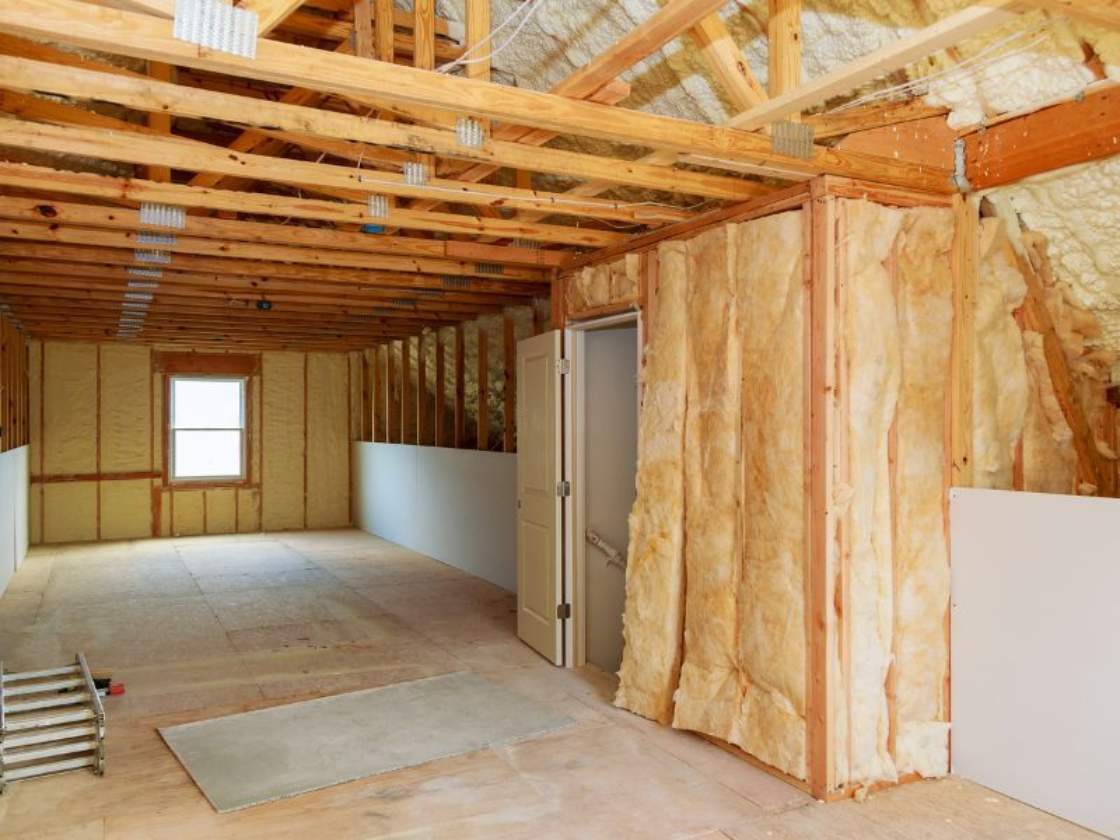
Insulation plays a key role in regulating indoor temperatures, reducing energy costs, and enhancing comfort. With advancements in material technology and updated building codes, homeowners in Tipton have access to a variety of insulation options. Selecting the right material depends on climate, budget, and energy efficiency goals.
Fiberglass remains a widely used option due to its affordability and ease of installation. Available in batts and loose-fill forms, it provides effective thermal resistance but requires careful handling due to potential irritation from fibers.
Spray foam expands upon application, sealing gaps and providing high thermal resistance. It comes in open-cell and closed-cell varieties, each suited to different needs.
Made from recycled paper products, cellulose insulation is an eco-friendly choice that offers good thermal resistance and soundproofing capabilities.
Mineral wool, or rock wool, provides excellent fire resistance and soundproofing while maintaining good thermal performance.
Tipton experiences cold winters and humid summers, making insulation with high R-values and moisture resistance essential.
Insulation contributes to lower energy bills by reducing heat loss in winter and heat gain in summer. Spray foam and cellulose perform well in airtightness and thermal efficiency.
Some materials, like fiberglass batts, are DIY-friendly, while spray foam requires professional application. Understanding installation complexities helps in budgeting and planning.
For eco-conscious homeowners, cellulose and mineral wool offer sustainable choices due to their recycled content and lower carbon footprint.
Matching insulation material to home requirements ensures long-term efficiency. Whether upgrading an existing home or insulating a new build, choosing the right option involves evaluating insulation performance, installation ease, and cost-effectiveness.
For homeowners seeking expert guidance, working with professionals ensures proper installation and maximizes insulation benefits. Companies like Spray Tech Solutions specialize in advanced insulation methods tailored to Tipton’s climate.
Proper insulation not only improves energy efficiency but also enhances indoor air quality by reducing drafts and moisture infiltration. Spray foam, for instance, minimizes allergen penetration and mold growth, contributing to a healthier living environment.
Spray foam and cellulose are excellent choices for Tipton, as they provide superior air sealing and moisture resistance.
The recommended R-value depends on the area of the home. Attics require R-49 to R-60, while walls need R-13 to R-21.
While more expensive upfront, spray foam offers long-term savings through better energy efficiency and durability.
Fiberglass batts and loose-fill cellulose can be DIY-friendly, but spray foam and mineral wool often require professional installation.
Fiberglass and cellulose can last 20-30 years, while spray foam and mineral wool often last 50 years or more with proper maintenance.
Yes, materials like cellulose and mineral wool are particularly effective at reducing noise transfer.
Cellulose and mineral wool are among the most sustainable choices due to their recycled content and low environmental impact.
Spray foam provides an air-tight seal that prevents moisture intrusion, reducing the risk of mold.
Proper insulation reduces heating and cooling costs by maintaining consistent indoor temperatures.
For expert installation and guidance, Spray Tech Solutions offers high-quality insulation services. Contact them at (765) 480-8200 or email sales@spraytechkokomo.com.